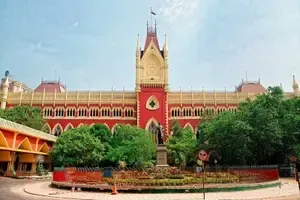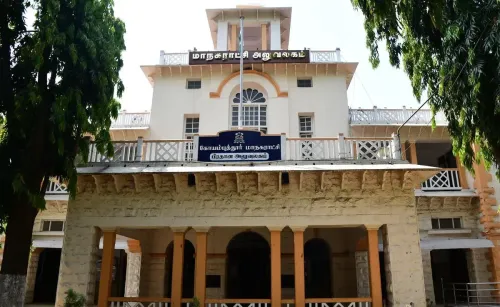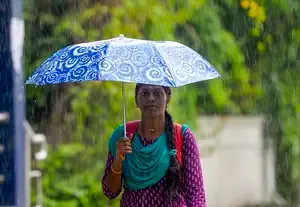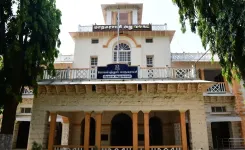Why is the Bengal government challenging Calcutta HC's observations in the teachers' recruitment matter?

Synopsis
Key Takeaways
- Calcutta High Court is examining teacher recruitment irregularities.
- The state government disputes former judge's cancellation of 32,000 teacher jobs.
- Claims of corruption and favoritism have emerged from deprived candidates.
- Judicial integrity is crucial in maintaining public trust in educational appointments.
- Ongoing hearings could set a precedent for future recruitment processes.
Kolkata, May 7 (NationPress) A newly constituted bench of the Calcutta High Court commenced a comprehensive examination on alleged discrepancies concerning the recruitment of primary educators in state-operated schools, conducted by the West Bengal Board of Primary Education (WBBPE).
As the proceedings began, the bench comprising Justices Tapabrata Chakraborty and Reetobrata Kumar Mitra scrutinized the remarks made by former Justice Abhijit Gangopadhyay, who annulled 32,000 teaching positions citing widespread corruption in the hiring process.
In May 2023, Gangopadhyay, now a BJP Lok Sabha member, mandated the cancellation of 32,000 primary teaching positions within the state.
This order stemmed from petitions submitted by several overlooked candidates, who claimed that numerous individuals secured job recommendations despite having lower standings in the recruitment exams compared to many deserving candidates.
The state government contested this ruling at the division bench, which was subsequently assigned to the bench led by Justice Soumen Sen and Justice Smita Das. However, following Justice Sen's recent withdrawal from the case, it was redirected for deliberation to the bench of Justices Chakraborty and Mitra.
During Wednesday's proceedings, while representing the state government, advocate general Kishor Datta challenged the foundation upon which Gangopadhyay concluded in May 2023 that appointments were made in exchange for money.
In response to Datta's arguments, Justice Chakraborty noted that in matters of corruption, a judge can always possess their own realization.
Countering this, the advocate general argued that such realization does not imply that Gangopadhyay could have formed a biased opinion and issued directives based on it.
He also brought attention to an incident in which Gangopadhyay summoned several primary teachers for questioning in a private setting, questioning whether it was appropriate for a judge to engage in such conduct.








